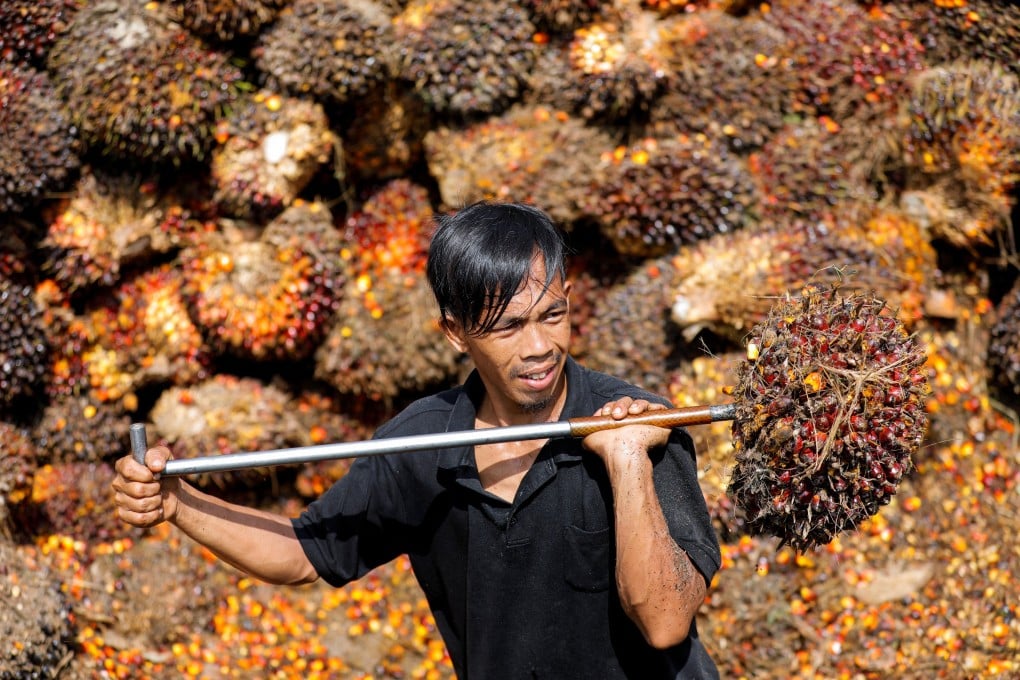Opinion | The push for sustainable palm oil isn’t going far enough
- Smallholders in Southeast Asia are too often left out of sustainable oil palm initiatives due to unaffordable costs and a lack of technical support

Furthermore, upgrading equipment, improving land management and transitioning to more environmentally friendly methods all require capital that many smallholders simply do not have. Banks and financial institutions might be hesitant to extend credit due to perceived risks like limited financial history or lack of collateral.
Beyond financial limitations, a lack of technical knowledge also poses a crucial challenge. Sustainable oil palm harvesting requires a broad understanding and implementation of best practices in areas such as soil management, fertilisation, pest control, efficient resource use and proper harvesting techniques. Without access to training services, smallholders struggle to acquire this crucial knowledge, hindering their ability to adopt sustainable practices and keep up with evolving certification requirements.
Smallholders also face economic challenges due to their weak position in the supply chain. They often end up accepting lower prices for their fruit, making it difficult to generate the capital needed for sustainable practices.
Further compounding the issue is the volatile nature of palm oil prices. This creates a vicious cycle, where a limited income restricts their ability to invest in sustainability, which can ultimately hurt their long-term profits and yields.
